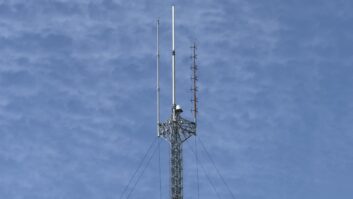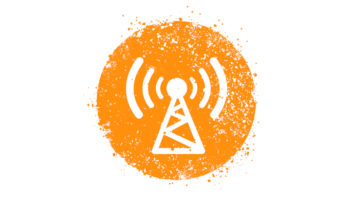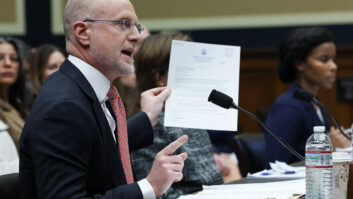A prominent advocate for minority broadcast interests thinks the Federal Communications Commission should consider allowing AM stations to use FM translators to originate programming rather than just rebroadcast their AM content.
The Multicultural Media, Telecom and Internet Council discussed that idea as part of extensive reply comments it filed in in the commission’s initiative to modernize media rules.
MMTC focused on seven topics; the final one explored approaches to translator “origination” — for instance, the FCC could let failing AM stations air original content on FM translators, or allow an AM owner to turn in its license and operate just its FM translator as a “protected low-power FM.”
First, MMTC addressed EEO. It says updating certain equal employment rules would not interfere with the FCC’s goal of preventing and proscribing discrimination. MMTC has no problem with proposals to eliminate Form 397, EEO midterm reports: “It is far more important that the commission encourage broadcasters to focus their limited resources on broad recruitment and outreach, including outreach to diverse job recruitment sources in their communities.’’ Also it says that the EEO Public Inspection File website posting requirementis redundant.
But MMTC says a rule that requires broadcasters to send job notifications to ‘‘entitlement sources’’ should not be eliminated. Examples of such sources are community colleges, historically black colleges and universities, Urban League chapters and job training centers.
The organization noted that some broadcasters think entitlement sources are unproductive because they produce few job leads in the short term. MMTC says this misses the point. “An entitlement source is an integral part of a broadcaster’s promotion of its equal employment opportunity policy — the broadcaster’s open door to all who might wish to work there someday.’’ It is, according to MMTC, ‘‘the same kind of multi-source outreach every broadcaster does when promoting its brand as part of its advertising campaign.’’
To arguments that ‘‘entitlement sources’’ are obsolete in the age of online resources, MMTC said the latter is no substitute for a job listing posted in the placement office of an HBCU. ‘‘In a ‘people’ business like broadcasting, most hiring is done face-to-face and is based on relationships. Entitlement sources should be embraced as a window into these relationships — an opportunity to facilitate diverse hiring in the digital age.’’
Regarding issues/programs lists that broadcasters are required to place in public inspection file every quarter, the MMTC says these should be retained. It said these lists were the result of a prior deregulatory effort, replacing ascertainment surveys. “Today, with minority media ownership still at very low levels … it can hardly be said that the need for some broadcast industry conscious and structured attention to community needs has disappeared.” And if the main studio rule is eliminated as proposed, there will be even greater need for “a conscious connection between the broadcast station and the diverse populations it is licensed to serve.”
But MMTC is all in favor of eliminating the requirements for local newspaper and mailing requirements for posting notices. Instead, it advocates for postings through a combination of over-the-air broadcast, online and social media. It agrees with other critics who call the requirement dated and incredibly expensive.
The organization also explored the FCC’s rural radio policy. And it also said a broadcaster should be able to transmit from anywhere within its service area. (You can read about those in the full filing here.)
Finally, the MMTC advocated for opening a proceeding on translator origination. Given the recent expansion of the service and the importance AM broadcasters have placed on this aspect of AM “revitalization,” this seems like a particularly dramatic proposal.
Its suggestions include:
- Allowing AM station owners who have FM translators to broadcast original content from their translators under certain circumstances, such as when the AM station is a “failing station.” This would open up another stream for AM stations to broadcast content.
- Allow AM station owners to turn in their AM licenses and begin operating their FM translators as a “protected low power” FM station.
- Open a five-year window during which AM stations owners can broadcast original content from both the AM station and FM translator. Then, after the five-year window, the owners could choose to either return to broadcasting primarily from the AM station and stop originating content from the translator or, they can turn in their AM license and continue broadcasting from the FM translator.
“FM translators have been effective in helping AM stations reach broader audiences,” the organization concluded. “With innovative approaches, FM translators can become a vehicle for AM stations to remain competitive.”
The FCC’s Modernization of Media Regulation Initiative is Proceeding 17-105.







